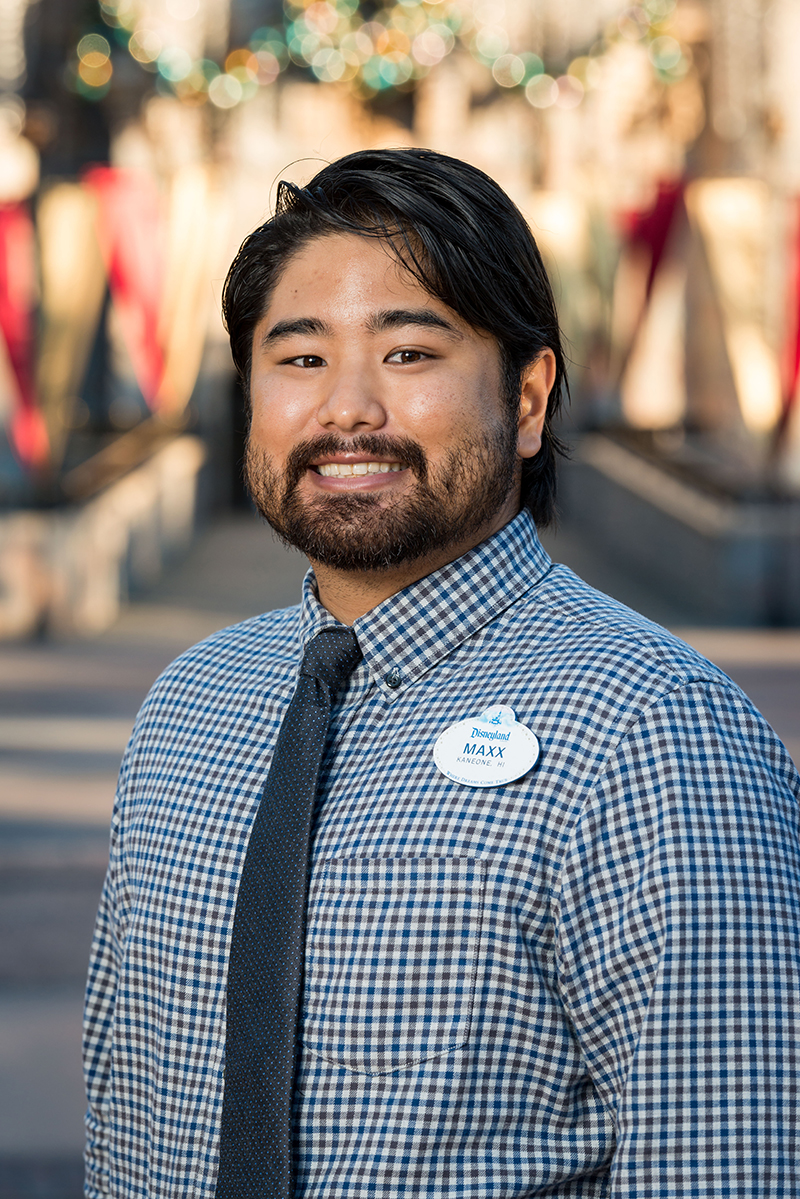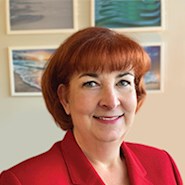Maxx Taga, EIT, A.M.ASCE began his education with the goal of becoming a visual effects artist, graduating from the Vancouver Film School in Vancouver, British Columbia, Canada, in 2013 and 2014 with two degrees related to animation. He worked as a visual effects compositor on movies like The Revenant and Fantastic Four.

But his Canadian visa expired, so he returned to his home in Hawaii, where he turned his passion for learning and creating to civil engineering. While a student at the University of Hawaii at Manoa, he engaged in no less than six internships, even working two of them at once. Taga interned at the Naval Facilities Engineering Systems Command, known as NAVFAC, in Pearl Harbor, Hawaii; the Hawaiian Dredging Construction Co. in Honolulu; the U.S. Army Futures Command, for which he worked remotely; Walt Disney Imagineering; Disneyland Architecture and Engineering; and NASA’s Glenn Research Center.
After graduating with a civil engineering degree in 2019, Taga — one of ASCE’s collegiate New Faces of Civil Engineering in 2020 — landed a position as launch site integration manager for NASA. Here’s how he did it:
Civil Engineering: You started your career in visual effects. How did you become interested in civil engineering?
MT: I was at a point where I was starting over, so I looked at articles that ranked different careers. Civil engineering was always near the top for job satisfaction and low pressure. I was living in Hawaii, and I saw that civil engineering was one of the top majors for graduates from the University of Hawaii. From there I cold-called and emailed some local firms. I asked to sit down with their younger engineers to see what they thought of their jobs, and I got good feedback; they all seemed to like it. So I just decided to dive in.
I conducted those informational interviews to confirm my research and make sure this was a viable option. That’s part of the engineer in me; you always want to double- and triple-check before you put your neck out.
There is so much to like about civil engineering. The fact that you get to build things, work with so many different people, and work on so many kinds of projects is great.
What were your favorite courses at the University of Hawaii?
I enjoyed geotechnical engineering. It was really engaging and made me think about things that I otherwise wouldn’t have given a second thought to.
And I enjoyed my materials of construction course. It combined empirical knowledge with being able to create concrete mixes; it was my first foray into actually putting something out into the real world.
How did you conduct your job search?
I tried to keep in contact with everyone I had worked for at my internships. I also hit all the booths at the career fairs. I graduated in the fall, and at the beginning of the semester I began reaching out and applying. By midway through the semester, I was interviewing, and I had the job locked up before I graduated.
Two of your internships were with Disney. How did they help grow your skill set?
My first was with the architecture and facilities engineering group at Disneyland. I was the civil/structural intern, assisting the engineers in keeping the park running. I did a little surveying, I did red-lining and as-builts for drawing sets, and I got to do anchorage designs for some attractions, including the Incredicoaster brine tanks and the Astro Orbiter actuator. I got to put my name on those design packages, which was cool.
I was trying to pursue Disney Imagineering jobs, and I was finally able to get one at a new department, in project engineering at the Imagineering headquarters in Glendale, California. So I went there. I got to work with awesome people on a cool project that I can’t really talk about. It was a project coordination position. Then the pandemic hit, and I had to do another pivot.
How did you become aware of the opening at NASA?
I applied through USA Jobs, but it helped that this wasn’t my first time at NASA. One of my internships was at the Glenn Research Center in Cleveland. I was a campus planning intern; I spent the summer determining where parking spaces and green spaces would go within the campus’s master plan, which covers the next 25-30 years. That was when I first understood that there were possibilities at NASA for me if I wanted to pursue them.
What is your first engineering job like?
I’ve been here three months, and I am still getting to know the job. I act as sort of the interface between the customers, who have a certain payload — such as a satellite or minisatellites — and the launch services contractor, who might be SpaceX or ULA (United Launch Alliance). I am part of the team that helps coordinate the launches out of the West Coast. I need make sure everything runs smoothly and all the requirements are met.
What was the application and interview process like?
It was different from what I was expecting. At that point I had been interviewing with lots of different companies, including SpaceX, Marvel Studios, and Sony. When I sat down with NASA, it was a virtual format with what is now my team and my supervisor, and they walked through my resume with me, asked about my experiences, and told me a little about the job and responsibilities.
That was in December, and I found out a month later that I had gotten the job. It only took the one interview. That took me by surprise.
I enjoyed my NASA internship, and I like going for things that are a bit different. I like challenges and putting myself in a position in which I desperately have to learn new things. These big companies working with new technology draw smart, talented, passionate people, and those are the kinds of people I want to work with and learn from. So it excited me to have this opportunity at NASA.
How has the job compared with what you expected?
I started during the pandemic when a lot of people were working from home, but I started out in the office because I had to get my computer, a badge, some initial training, and a security clearance. So that was fortunate; it made things easier.
Since then I have been in an accelerated training program to get me up to speed on projects and launches. It’s been a lot, but I like the opportunity to learn.
What advice do you have for graduating seniors?
My answer, which I realize might not work for everyone, is to always cast a wide net when applying for jobs. Take chances. The worst they can say is no. I was floored when I got that Disneyland internship, and everything just snowballed from there. I find myself to be fortunate.



